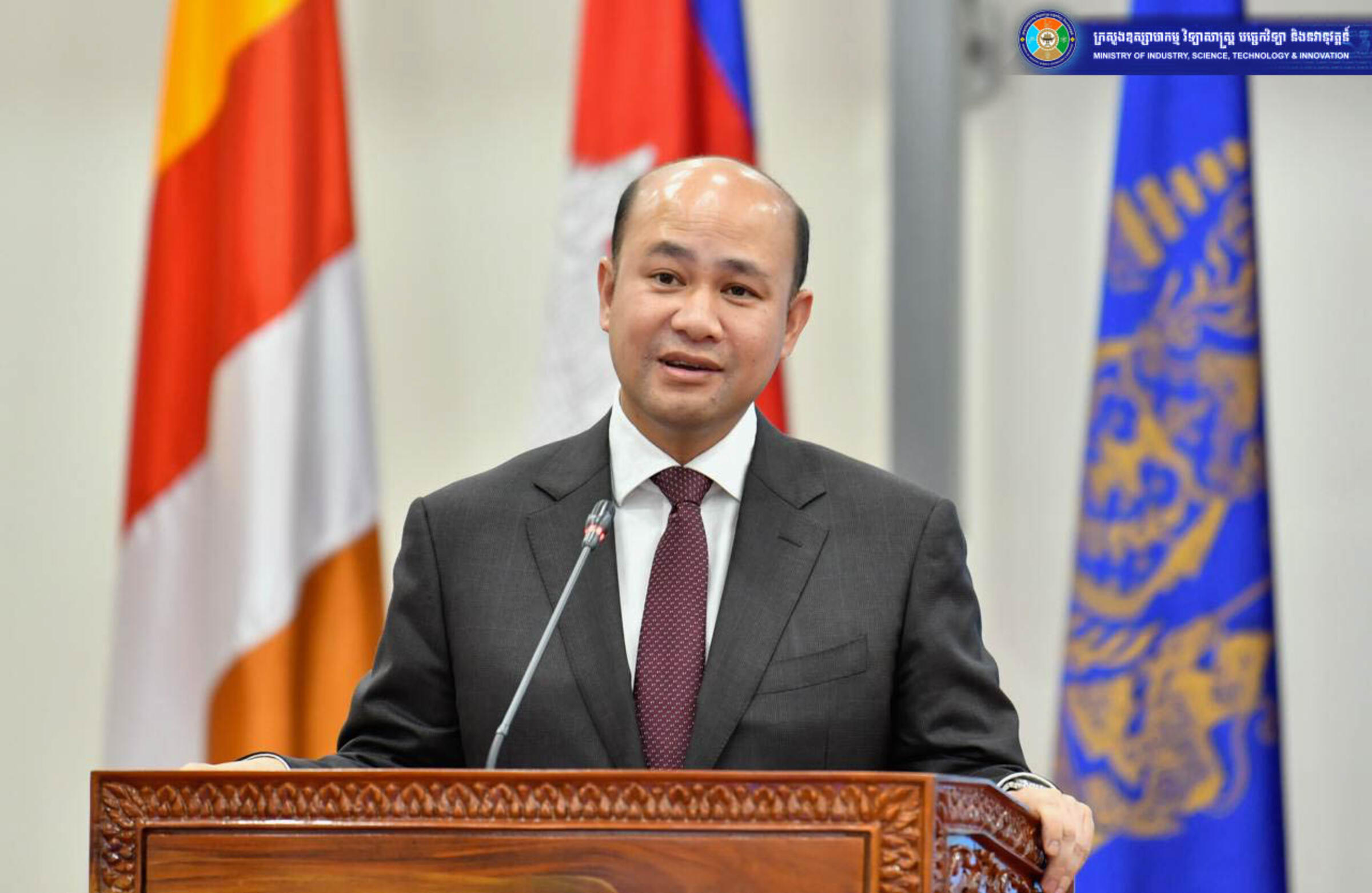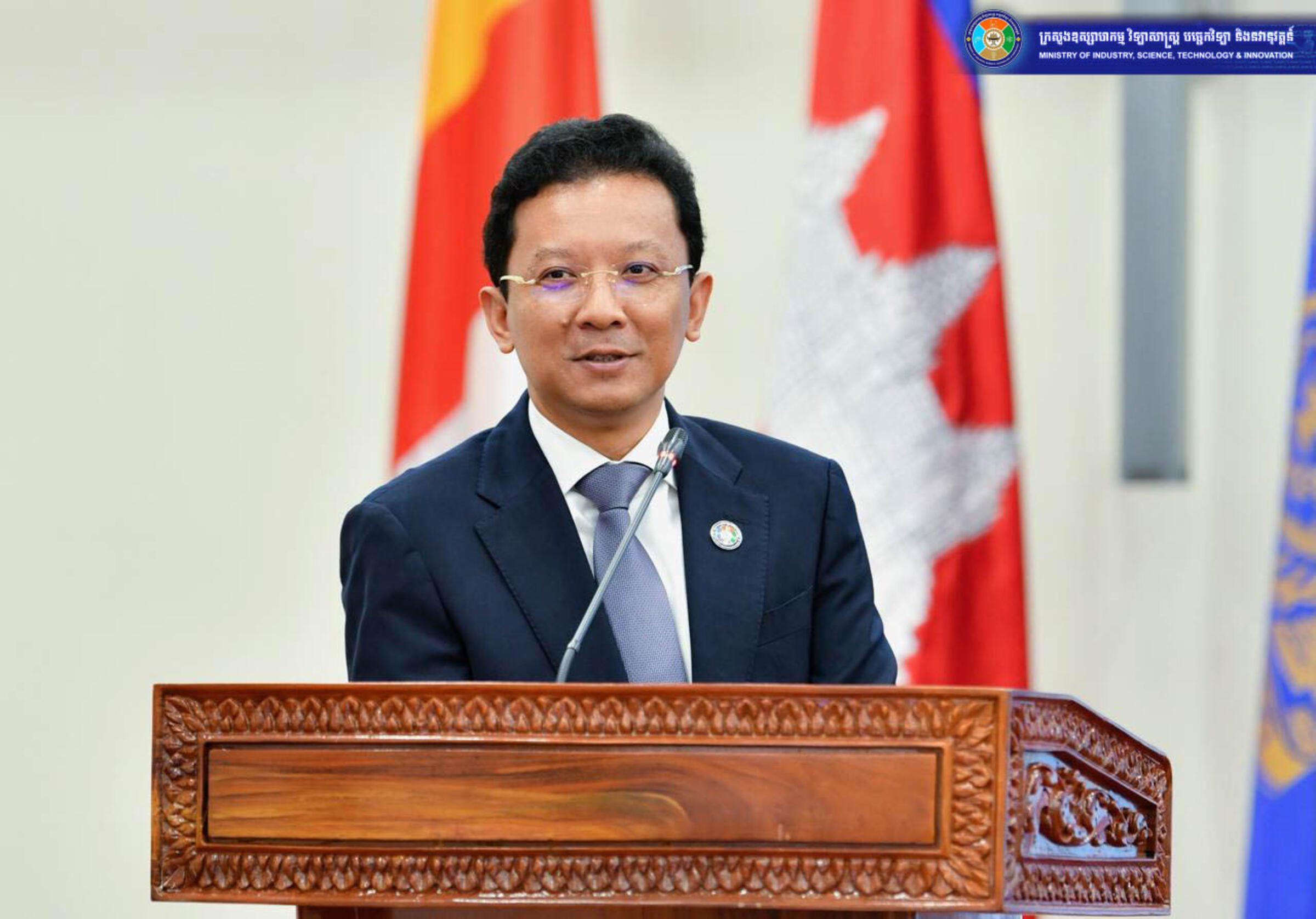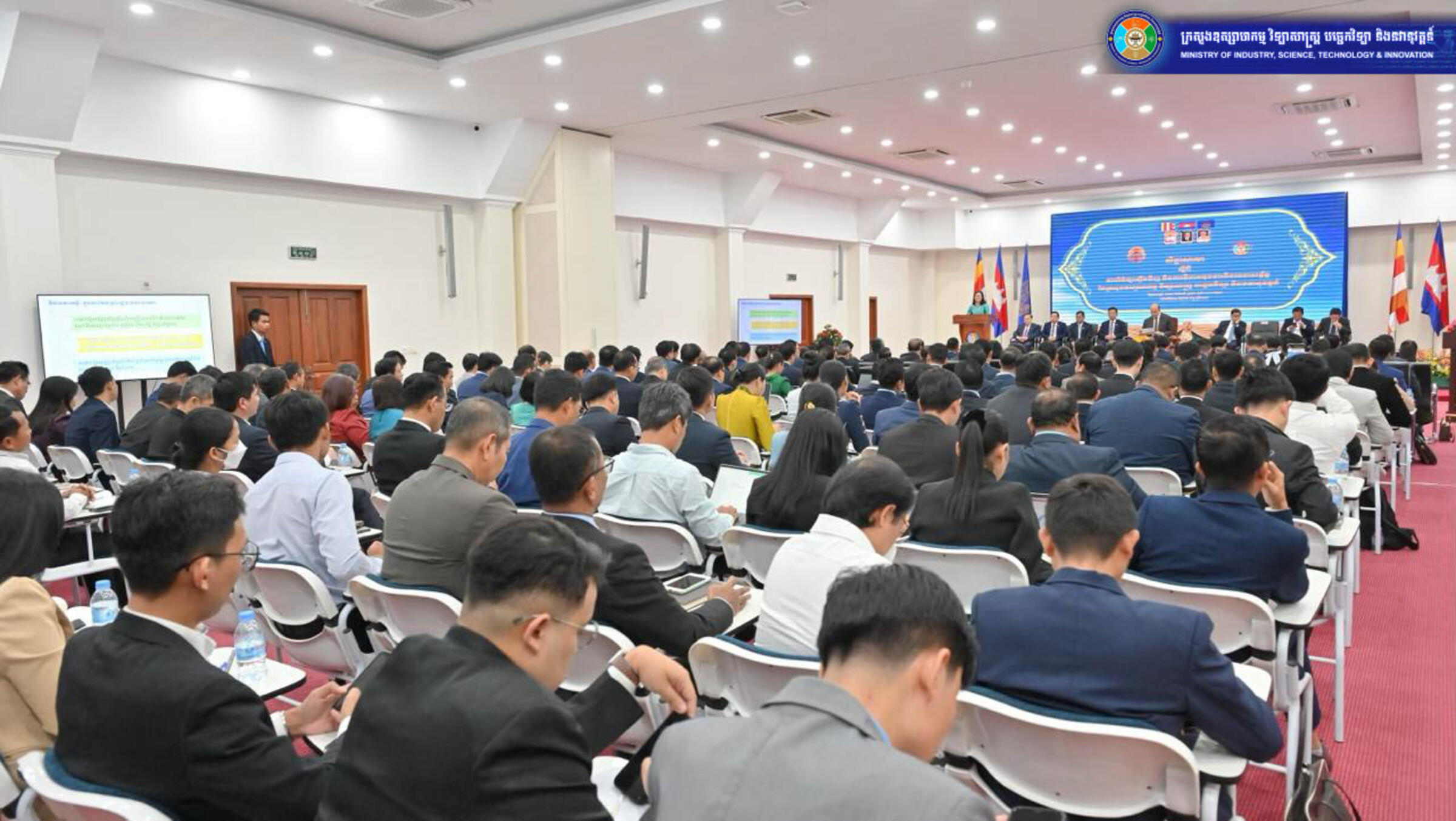MISTI, MCS Collaborate to Advance Public Administration Reform Through Functional Review
On December 26, 2024, the Ministry of Industry, Science, Technology & Innovation (MISTI) and the Ministry of Civil Service (MCS) co-hosted a workshop on “MISTI’s Structural and Functional Review and Analysis,” under the patronage of H.E. HUN Many, Deputy Prime Minister and Minister of Civil Service.
H.E. Deputy Prime Minister stated that the structural and functional review and analysis of ministries and institutions is a continuation of the public administration reform initiated by the previous government. He emphasized the importance of close collaboration among ministries and institutions based on the “dynamics of the stakeholder system.”

H.E. Deputy Prime Minister stressed that, “This is not a process to eliminate organizational structures or the interests of officials as stipulated by law.”
The National Committee for Promoting the Implementation of Key Measures in Public Administration Reform has outlined critical steps to enhance the capacity, efficiency, and performance of public administrations. These measures include improving the recruitment system based on merit, transparency, fairness, and ethics; promoting work efficiency and quality with discipline, ethics, and professionalism; and preparing and implementing performance-based incentive system to support public administration with consistency, equity, efficiency, and sustainability.
In his report to the workshop, Minister Hem Vanndy highlighted the close collaboration between MISTI and MCS in the structural and functional review and excecise modernizing state institutions into efficient, streamlined entities that better serve national interests.

He stated that, “The structural and functional review and analysis of ministries-institutions is a vital task to align ministries-institutions’s operations with their priorities and with the Royal Government's strategies based on the principles of ‘Getting the house in order’ and ‘Strengthening rather than expanding.’ ”
Minister Vanndy also highlighted challenges, including a shortage of skilled human resources, increasing retirements, and competition with private sector opportunities. He noted that the rapid growth of sectors under MISTI’s mandate, particularly at the provincial level, has placed significant strain on existing human and financial resources.
He requested support from the MCS for MISTI’s proposal for additional technical human resources, which are essential for advancing MISTI’s strategic goals and meeting the demands of Cambodia’s industrial and socio-economic growth.

Related news
Ministry of Industry, Science, Technology & Innovation
45 Preah Norodom Boulevard, Sangkat Phsar Thmey III, Khan Daun Penh, Phnom Penh, 120203
© 2024 All rights reserved Ministry Of Industry, Science, Technology & Innovation
